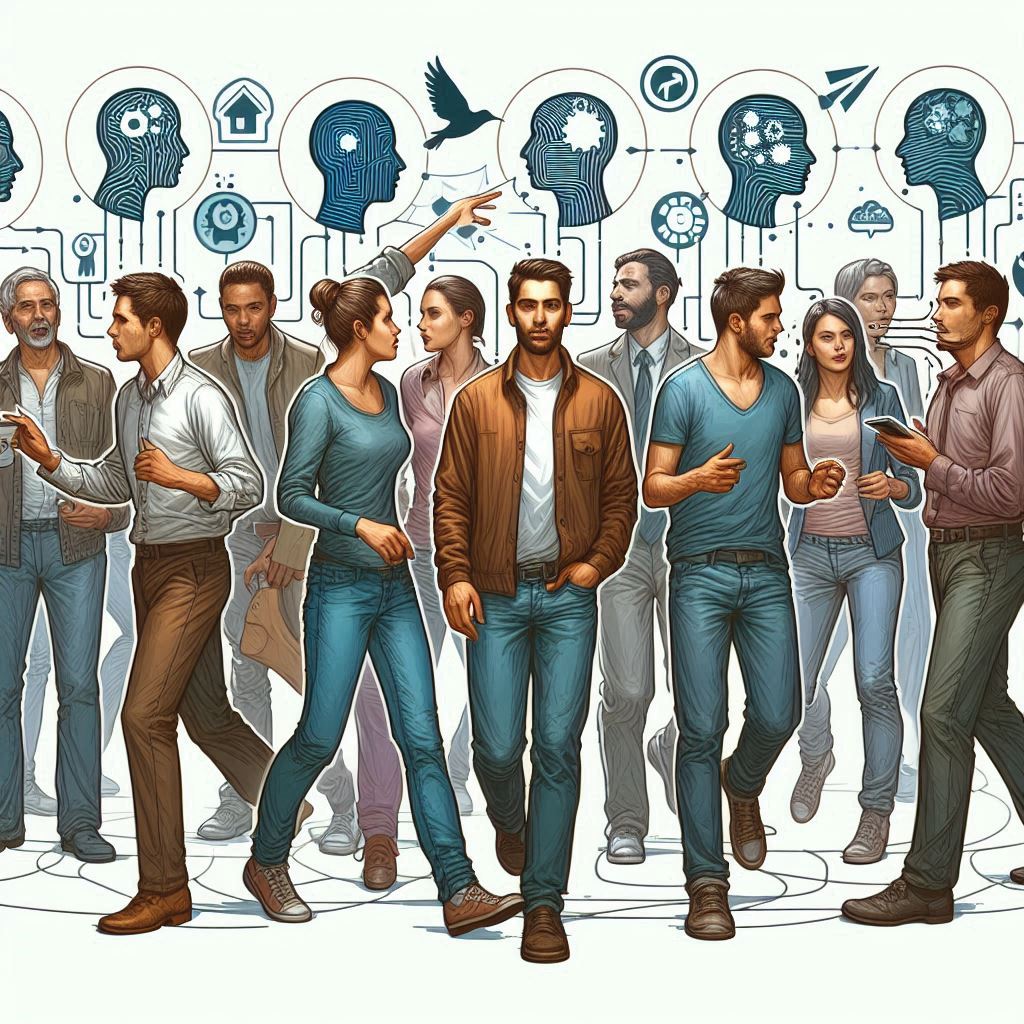Social dynamics is a fascinating field that explores how individuals and groups interact and influence each other. By understanding social dynamics, we can gain insights into human behavior, societal changes, and the underlying mechanisms that drive social interactions.
What is Social Dynamics?
Social dynamics, also known as sociodynamics, is the study of the behavior of groups and the interactions of individual group members. It aims to understand the emergence of complex social behaviors among humans, animals, and even microorganisms. This field draws from various disciplines, including sociology, psychology, economics, and complex system sciences.
Key Concepts in Social Dynamics
- Group Behavior: Social dynamics examines how individuals behave in groups and how group interactions shape individual behavior. This includes understanding social norms, roles, and the influence of peer pressure.
- Social Influence: It explores how individuals influence each other’s behavior, decisions, and attitudes. This can include phenomena like conformity, obedience, and persuasion.
- Social Networks: The study of social networks is a crucial aspect of social dynamics. It looks at how individuals are connected and how information, behaviors, and resources flow through these networks.
- Collective Behavior: This concept focuses on how groups of individuals act together in a coordinated manner, often leading to the emergence of new social patterns and structures.
The Importance of Social Dynamics
Understanding social dynamics is essential for several reasons:
- Predicting Social Change: By studying social dynamics, we can predict how societies will evolve and respond to various influences, such as technological advancements or policy changes.
- Improving Communication: Insights from social dynamics can help improve communication strategies, making interactions more effective and harmonious.
- Enhancing Leadership: Leaders can use knowledge of social dynamics to foster better teamwork, resolve conflicts, and motivate group members.
Applications of Social Dynamics
Social dynamics has practical applications in various fields:
- Marketing: Businesses use social dynamics to understand consumer behavior and develop effective marketing strategies.
- Public Policy: Policymakers apply social dynamics to design interventions that promote positive social change and address societal issues.
- Education: Educators use principles of social dynamics to create collaborative learning environments and improve student engagement.
Examples of Social Dynamics in Action
- Groupthink: This phenomenon occurs when a highly cohesive group makes poor decisions due to the desire for conformity and consensus. Understanding groupthink can help prevent it and promote critical thinking.
- Social Media Influence: Social dynamics plays a significant role in how information spreads on social media platforms. Viral content, trends, and online communities are all influenced by social dynamics.
- Workplace Dynamics: In organizational settings, social dynamics affects team performance, employee satisfaction, and overall productivity. Effective management of social dynamics can lead to a more positive work environment.
Conclusion
Social dynamics is a powerful tool for understanding and influencing human behavior. By studying the interactions and behaviors of individuals within groups, we can gain valuable insights into the complexities of social life. Whether in marketing, public policy, or everyday interactions, the principles of social dynamics can help us navigate the social world more effectively.






